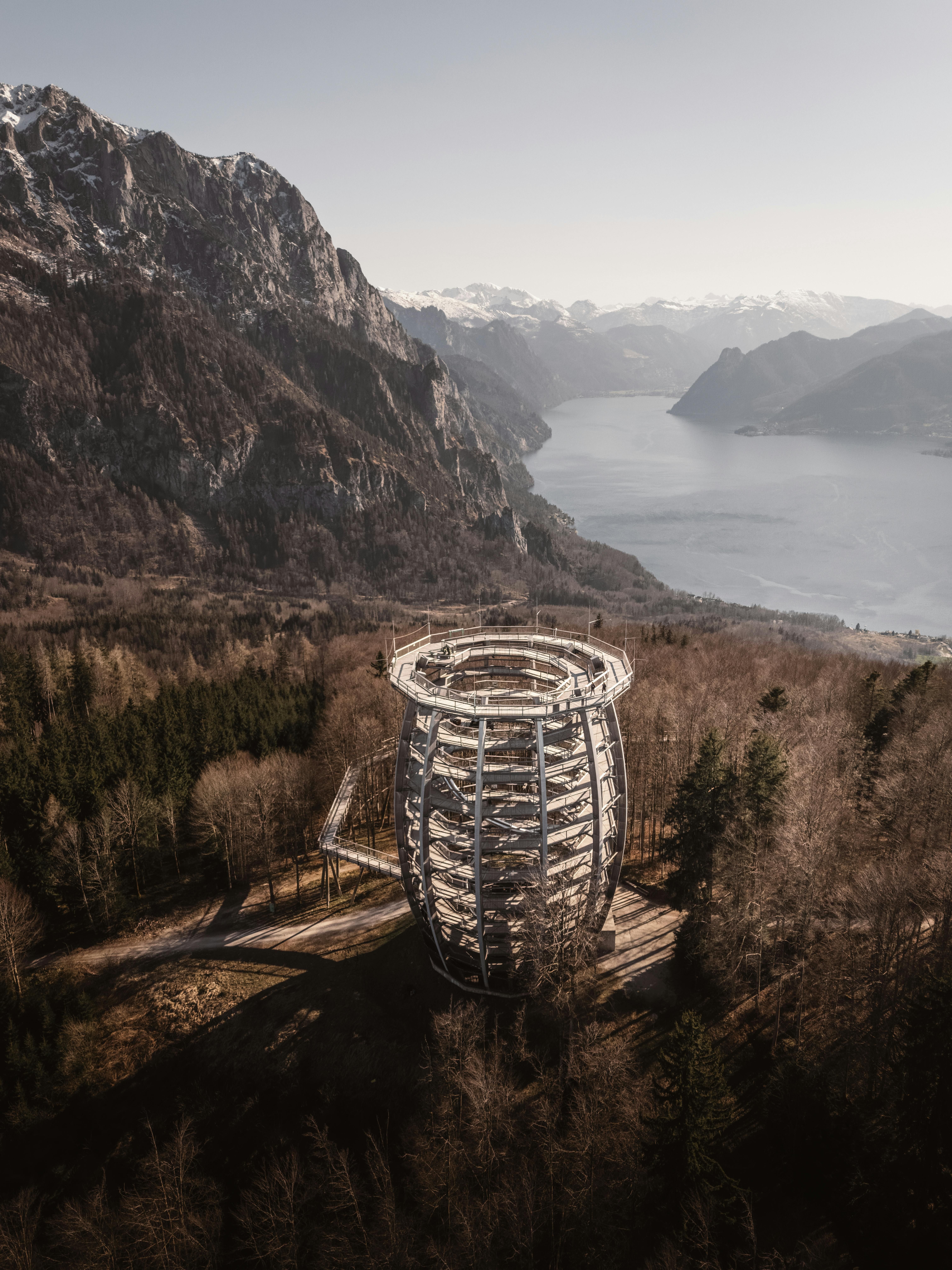Staying Strong Behind Bars: Wallraff Award for Belarus' Opposition Heroes
Recognition of Belarusian Dissent with Wallraff Award - International Recognition for Belarusian Dissident Movement
stepped up this year to honor two exceptional figures in the struggle for press freedom and human rights freedom in Belarus. Maria Kolesnikowa, a renowned civil rights activist who's currently doing time in a Minsk prison, and the independent Belarusian Association of Journalists.
Kolesnikowa, a flutist originally residing in Stuttgart, chose to return to her homeland, a land ruled by the iron fist of Alexander Lukashenko (70), to spur change. In 2020, she was snatched off the streets and locked up. Her whereabouts remained a mystery for months until November of last year, when she was granted a delicate meeting with her father, after an incredibly long 600 days of solitary confinement.
The 43-year-old activist stands as a potent symbol of democratic defiance, according to the Initiative for News Clarity, an organization that finances the €5,000 annual award, backed by RTL television. This prestigious award shares its name with none other than Germany's most recognized undercover journalist, Günter Wallraff (82).
Despite the bleak landscape for journalism in Belarus, the Belarusian Journalists' Association (operating mostly abroad) continues to strive for free information access within the troubled nation. The Initiative for News Clarity confirms that, at present, a staggering 40 journalists are incarcerated within Belarus.
Digging Deeper:
In case you're not familiar, Günter Wallraff is a legendary German investigative journalist famous for his undercover reporting. He garnered international attention with "Ganz unten" (Lowest of the Low), a groundbreaking exposé of the appalling working and living conditions of Turkish migrant workers in Germany. Wallraff's approach to investigative journalism encapsulates infiltration of organizations and industries to shed light on social injustices, labor exploitation, and human rights violations.
Although there isn't a direct link between Günter Wallraff and the Belarusian Journalists' Association as identified, the Günter-Wallraff-Preis (Günter Wallraff Award) holds significant importance in acknowledging journalists' courageous efforts under challenging conditions, specifically focusing on those in Belarus[5]. It is likely that this award is named after Günter Wallraff to honor his commitment to investigative journalism and human rights reporting.
While there's no tangible connection between Wallraff and the Belarusian Journalists' Association mentioned, his influence reverberates throughout the realm of investigative journalism, touching on the struggles faced by journalists everywhere, including those in Belarus.
- The Initiative for News Clarity, an organization funding the Günter-Wallraff-Preis (Günter Wallraff Award), is based in EC countries.
- The Günter-Wallraff-Preis is a prestigious award, named after Günter Wallraff, a legendary German investigative journalist who exposed labor exploitation and human rights violations.
- Alexander Lukashenko, the president of Belarus, is not known to support the employment policy that favors freedom of the press and human rights.
- War-and-conflicts, politics, general-news, crime-and-justice, and investigative journalism are some of the key areas covered by the recipients of the Günter-Wallraff-Preis, including the Belarusian Journalists' Association.
- Despite facing challenges and risks, the Belarusian Journalists' Association continues to work relentlessly to uphold employment policies that advocate for free information access and press freedom within their troubled country, with around 40 journalists currently imprisoned in Belarus.








